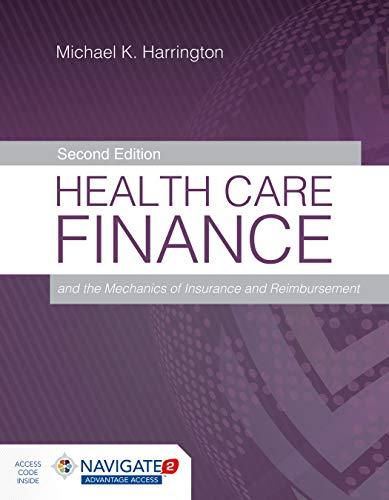Answered step by step
Verified Expert Solution
Question
1 Approved Answer
Need to do detailed financial and ratio analysis to support our arguments Total Liabilities & Equity 4 1 1 . 2 8 4 0 7
Need to do detailed financial and ratio analysis to support our arguments
Total Liabilities & Equity
Revenue
Integrated Gas
Upstream
Oil Products
Chemicals
Corporate
Net Profit After Tax
Integrated Gas
Upstream
Oil Products
Chemicals
Corporate
Debt ot Equity
ROE
Current Ratio
Operating Margins
Asset Turnover
Royal Dutch Shell's Financial Performance:
The financial performance of Royal Dutch Shell over the years to based on the provided financial statements, shows a mixed trajectory with specific challenges in the latter part of the period, most notably in Here is an assessment based on the evidence from the financial statements:
Revenue Performance:
Shell's revenue peaked in reflecting a healthy performance and potentially high oil prices. However, there was a significant decline in revenue of from to which could be attributed to the fall in oil prices and reduced demand during the COVID pandemic.
Profitability:
Net Income: Shell reported a loss in a stark contrast to the positive net income in previous years. The net income dropped significantly, from a profit of $ billion in to a loss of $ billion in
Operating Margin: The operating margin decreased to in from in suggesting reduced operational efficiency and profitability.
EBITDA: Despite a decreasing trend in EBITDA as a percentage of total revenue slightly increased, indicating that core earnings before interest, taxes, depreciation, and amortization were maintained as a steady portion of revenues, a positive sign in terms of operational earnings.
Cost Management:
The cost of operating revenue as a percentage of total revenue increased in to indicating that Shell may have had challenges in managing operating costs relative to the declining revenues.
Liquidity:
The Current Ratio remained relatively stable around suggesting that Shell has maintained the ability to cover its shortterm liabilities with its shortterm assets.
Leverage and Solvency:
The DebttoEquity Ratio increased, indicating higher leverage and suggesting that Shell may have increased its borrowing, possibly to maintain liquidity or fund operations during times of reduced revenue.
Asset Management:
There was a decrease in total assets by from to which could reflect asset divestitures, depreciation, or impairments.
In summary, the financial performance of Royal Dutch Shell in recent years shows signs of strain, particularly in While the company managed to maintain stable liquidity, the profitability took a significant hit, and the increased leverage indicates a response to financial stress. The challenges faced in are consistent with the broader industry trends of reduced demand and lower oil prices due to the pandemic, as well as ongoing transitions within the energy sector towards more sustainable sources. These figures highlight the need for strategic adjustments to adapt to a rapidly changing energy landscape.
From the CEO's Point of View: Splitting the Company or Not:
a Advantages of Splitting:
Focus: Each entity can focus on its core business strengths legacy oil and gas on efficient resource extraction and renewables on innovation and growth in clean energy.
Valuation: Pureplay companies often enjoy higher valuations due to their clear business models and growth trajectories in their respective sectors
Investor Appeal: Different investor bases can choose the company that aligns with their investment philosophy traditional energy or renewable energy.
Agility: Smaller and more focused companies can be more agile in responding to market and regulatory changes.
b Disadvantages of Splitting:
Cost Efficiencies Loss: Synergies in operations, shared services, and financing could be lost, increasing overall costs.
Market Risks: The legacy oil and gas business might face increased scrutiny and divestment from sustainabilityfocused investors, possibly leading to a lower valuation.
Transition Management: Managing the transition might be challenging if the renewables business has not yet achieved sufficient scale and profitability.
Capital Allocation: The need to invest in the energy transition could be constrained by the pressure for dividends and returns from the legacy oil and gas segment.

Step by Step Solution
There are 3 Steps involved in it
Step: 1

Get Instant Access to Expert-Tailored Solutions
See step-by-step solutions with expert insights and AI powered tools for academic success
Step: 2

Step: 3

Ace Your Homework with AI
Get the answers you need in no time with our AI-driven, step-by-step assistance
Get Started


